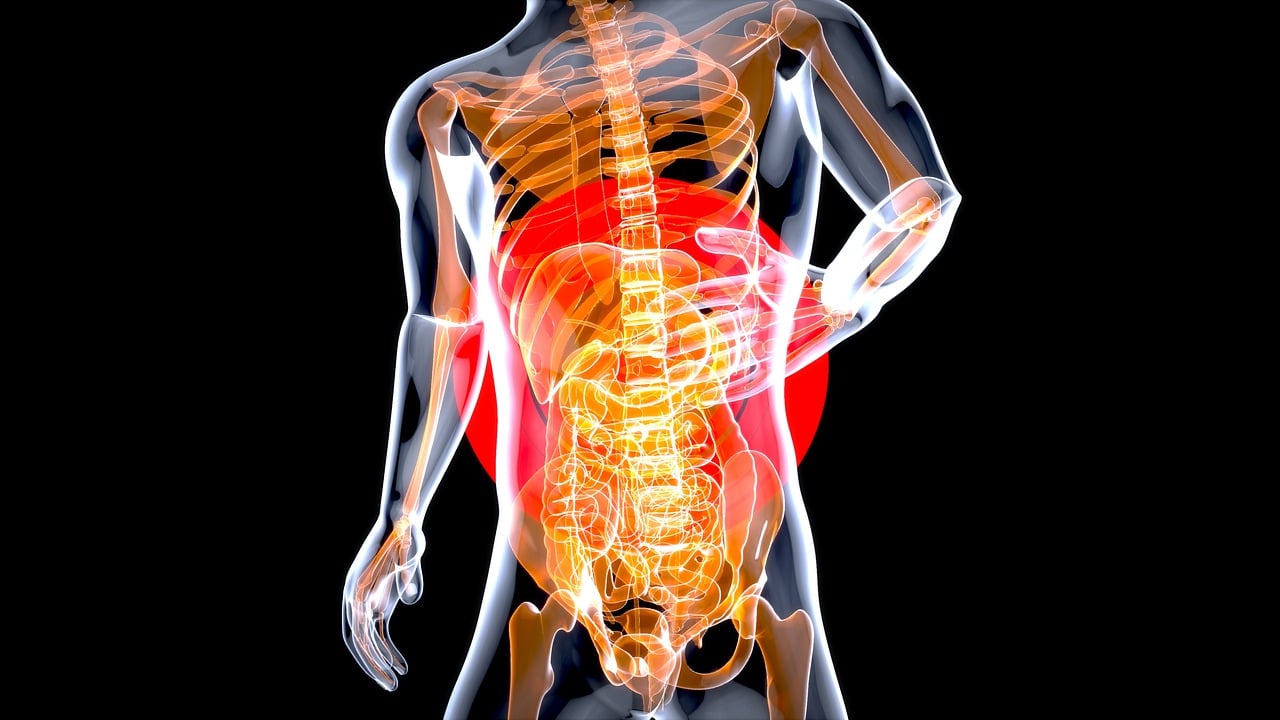We have all experienced so called “gut feelings” – when we suddenly feel uneasy about something that rationally seems fine or, conversely, have firm confidence in something that has a high risk of failure.
These puzzling flashes of insight are also referred to as intuition, hunches or sixth sense. They are sudden ideas or feelings that, without conscious reasoning, can give us clues on how to act or what decision to make. Their accuracy and reliability have even become the subject of scientific study.
Gut feelings: How they manifest
Gut feelings can manifest as flashes of insight, or a deep sense of what is right and what isn’t. They usually arise before we rationally analyze a situation, but can also cause us to rethink an already-made decision – like an inner voice trying to steer us in a certain direction.
They can also manifest as physical sensations, such as feeling a pit in your stomach when faced with a difficult situation, or feeling “butterflies” inside when nervousness strikes. Other sensations include nausea, goosebumps, chills, sweaty palms and changes in heart rate.

The brain-gut connection
The term “gut feeling” originates from the gut’s ability to register emotional experiences or mental activities. Someone losing their appetite when feeling sad, or wanting to vomit during moments of stress, are evidence of the connection between the gut and the brain.
Success
You are now signed up for our newsletter
Success
Check your email to complete sign up
The gastrointestinal tract has a lining comprising about 100 million neurons that regulate the digestive system completely independent of the central nervous system – that is, without conscious direction from the brain and the spinal cord.
This neural network, called the enteric nervous system (ENS) by scientists and the second brain colloquially, is in constant communication with the brain, and both can have an effect on each other. Changes in gut microbes, for instance, can influence mood and behavior; and symptoms of anxiety and depression can impact gut motility, secretion and sensitivity.

The current concept of gut feeling is not limited to emotions accompanied by physical reactions, but includes any unexpected episode of awareness without conscious reasoning. Doing a “gut check” or “listening to the gut” are often considered synonymous with relying on one’s intuition.
Gut feelings in decision-making
Dismissed by some as superstition, gut feelings have proven effective in anticipating outcomes. In 2014, The Office of Naval Research invested some $3.85 million in a four-year research program on the possibility of teaching military personnel to “harness their gut instincts.”
This was one of the Pentagon’s research initiatives on extrasensory perception (ESP), inspired by the numerous cases of U.S. soldiers relying on intuition to anticipate enemy attacks or avoid traps. Two such cases are noteworthy.
In 2006, Staff Sergeant Martin Richburg predicted the presence of a bomb at an internet café in Iraq. After seeing a man pacing anxiously by the café, a deep hunch led Richburg to wave his pistol and shout for soldiers and civilians to evacuate.
About fifteen minutes later, a bomb exploded. The windows of the café were destroyed, with glass nailed to walls and computer booths. Thanks to Richburg, nobody was injured. When he was later awarded a medal for his courage, he said anyone in his place would have done the same.
Joseph McMoneagle, a retired U.S. Army Chief Warrant Officer, avoided similar losses during the Vietnam war, for his intuition helped him and his military unit avoid ambushes and foresee deadly booby traps.
Unlike Richburg, McMoneagle recognized his intuition as an extrasensory perception. In fact, he was known as “Remote viewer No. 1” and participated in the U.S. Army Stargate Project, a unit dedicated to investigating the potential for psychic phenomena in military and domestic intelligence applications.
While an average person’s hunches are not always accurate, much less indicative of extrasensory powers, it is worth considering whether their instances of correctness are mere coincidence. After all, the potential capabilities of the human body are far from fully understood by science.
When to trust gut feelings

While it may seem wiser to rely on rational thinking to make difficult decisions, studies show that non-conscious emotions lead to faster, more accurate responses. This has been observed particularly among CEOs, who tend to take their intuitions and feelings as inputs into their decision-making process.
Here are three simple steps to evaluate our gut feelings:
- Discern gut feelings from wishful thinking or fear: Our desires and fears are sure to move us in their own direction. What is your ideal scenario? Is there something you want for yourself? What is the least desirable situation for you?
The clutter in our minds can make us turn hunches into justifications for our choices. Identifying our wants and needs, and the way they can influence our decisions is a key step in examining our gut feelings. - Look at the bigger picture: When a hunch strikes, pause to consider the situation as a whole. What would be the possible consequences of “listening” to your gut? Would it bring any unexpected changes? Is there any hidden arrangement?
It is hard to connect the dots in the present and much easier to do when looking back. Remember that not all hunches are accurate, but they may be worthy of consideration.
A popular quote is often attributed to Albert Einstein: “Coincidence is God’s way of staying anonymous.” - Check in with your values: Last but not least is an honest reflection on whether your gut’s advice aligns with your principles.
Would following your hunch harm anyone? Is it consistent with the standards of honesty and integrity you have for yourself? Would you be willing to let it go if it does not align with your values? This step is, arguably, the most important of the three.







